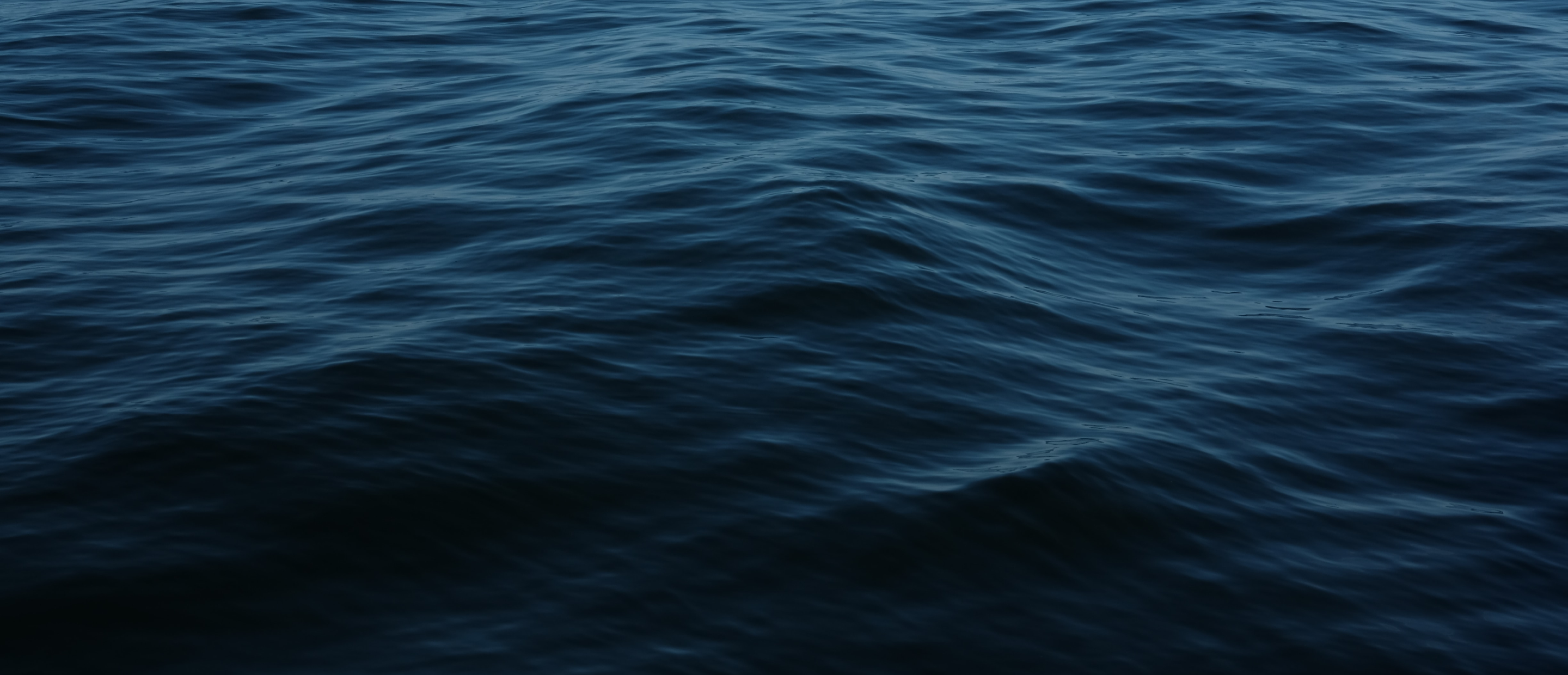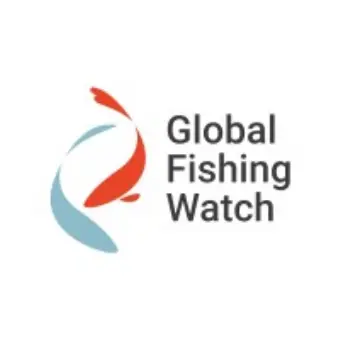Ocean Job Board


Global Fishing Watch
Location: Remote
Who we are
Global Fishing Watch (GFW) is an international, non-profit organization committed to advancing ocean governance through increased transparency. We create and publicly share knowledge about human activity at sea to enable fair and sustainable use of our ocean. Founded in 2015 through a collaboration between Oceana, SkyTruth, and Google, GFW became an independent non-profit organization in June 2017. Using cutting-edge technology, we create and publicly share map visualizations, data, and analysis tools to enable scientific research and drive a transformation in how we manage our ocean. Our major focus is on commercial fishing because it is the most widespread human activity at sea, the most impactful on ocean health, and the most crucial for global livelihoods and food security. By 2030, we aim to monitor and visualize the impact of ocean-going vessels, both industrial and small-scale, that are responsible for the vast majority of the global seafood catch. We believe human activity at sea should be common knowledge to safeguard the global ocean commons for the common good of all.
Global Fishing Watch currently works in fifteen countries (Chile, Peru, Brazil, Panama, Senegal, Gabon, Madagascar, Morocco, Albania, Montenegro, Vietnam, Taiwan, Papua New Guinea, Palau, Marshall Islands). Our work in core countries is focused on demonstrating the value of transparency and working closely with national governments and institutions to improve management decisions, combat illegal, unreported and unregulated (IUU) fishing and safeguarding biodiversity.
In addition to our work with these countries, GFW also has active MOUs capturing our work with a number of regional fisheries bodies (RFBs) agencies designed to leverage and scale our core country work to influence transparency outcomes in multiple countries across the region. Three of these are Africa based and include; the Sub-Regional Fisheries Commission (CSRP), the Regional Fisheries Commission for the Gulf of Guinea (COREP) and the Fisheries Committee for the West Central Gulf of Guinea (FCWC) . These three sub-regional fisheries agencies account for eighteen member states in West Africa spanning the entirety of the Gulf of Guinea
Project background
Transparency in the fisheries sector is essential to ensuring accountability, combating illegal practices, and fostering sustainable resource management. Global Fishing Watch (GFW) is organizing back-to-back meetings around/on fisheries transparency to address critical challenges and opportunities within the fisheries sector. Civil servants from multiple countries and continents and from Regional Fisheries Bodies (RFBs) will convene in these meetings to share national and regional experiences, identify common challenges, and co-design/explore solutions tailored to their respective contexts. Transparency is essential for strengthening sustainable fisheries management, as it ensures that information on fishing vessel activity, vessel licensing and authorizations, vessel ownership, are openly available and verifiable. By focusing on this theme of improved transparency, the meeting will help reduce the risks of overfishing and resource depletion
The proposal is to hold separate but overlapping meetings for these countries and RFBs:
Both meetings will provide simultaneous translation across the multiple languages that will be spoken at the meeting. These languages will be English, French, Spanish, Portuguese, Arabic, Vietnamese and Mandarin.
Given the diversity of participants, representing different cultures, institutions, and administrative traditions, GFW is seeking an experienced consultant team capable of supporting both learning exchanges. We envisage the consultant to be able to provide the following support, prior to and after these meetings:
See attached Annexes for a more detailed description of the GLE (Annex 1) and SRLE (Annex 2).
Required Qualifications
The facilitator (or facilitation team) should have:
Reporting and Coordination
The successful consultant (facilitator) will work in close coordination with Geoffrey Muldoon and Marco Costantini ensuring regular communication and active participation in scheduled check-in meetings throughout the consultancy period. The consultant will also, from time to time, be required to communicate directly with GFW in-country staff globally as part of planning and preparation of these respective workshops. Any necessary travel related to this consultancy should be foreseen and reflected in the proposed budget.
A final presentation will be organized to share key findings, conclusions, and recommendations with the team.
Application process
Interested parties should submit a proposal via email in the first instance to Geoffrey Muldoon and Marco Costantini. The work should be carried out over a roughly 12 week period..
The proposal should consist of:
Examples of similar ‘international’ assignments (preferably with references).
Duration of Consultancy, Activities and Deliverables
The work to be completed for both workshops will be carried out over a roughly 12 week period.
Facilitation
We anticipate the roles and responsibilities of the consultant to fall broadly under i) Preparatory, ii) Workshop Facilitation and iii) Post-workshop phases. We envisage the following activities under each of these phases, however these are a guide only and we would encourage the consultant to use these to set out the methodology for their approach to this project.
Preparatory Phase
Facilitation Phase (During Workshop)
Post-Workshop Phase
Deliverables
In terms of deliverable, the facilitator will be expected to provide:
We anticipate that consultants should allocate their time as follows:
Scope and timeline
| Action/Activity | Due Date |
| Submit proposal to GFW | 4th December 2025 |
| Preferred vendor selected and advised | 11th December 2025 |
| Project Inception Meeting | 18th December 2025 |
| Interim meeting agendas and methodology structure and delivery format of meetings presented and agreed | 18th January 2026 |
| Preparatory work for participants (in particular for GLE) presented and agreed | 18th February 2026 |
| Final meeting agendas and structure and delivery format of meetings agreed | 1st March 2026 |
| Global Learning Exchange and Sub-regional Learning Exchange delivered | 28 March 2026 |
| Final report and After-Action Review (AAR) submitted | 28 April 2026 |
Evaluation criteria
Proposals will be evaluated based on the following weighted criteria
Submission deadline
Proposals should be submitted by 4th of December
Equal Opportunities: Global Fishing Watch is an equal opportunities employer. Global Fishing Watch is committed to promoting diversity and inclusion within our organization and in the greater ocean management and conservation community. We believe that diverse backgrounds, skills, knowledge and viewpoints make us a stronger organization. Bringing together professionals who possess broad experiences and a spectrum of perspectives will enable us to reach our goal of improved ocean governance faster. We hire and promote qualified professionals without regard to actual or perceived race, color, religion or belief, sex, sexual orientation, gender identity, marital or parental status, national origin, age, physical or mental disability or medical condition, or any other characteristic protected by applicable law. Our organizational goals match the urgent challenges facing our global ocean, and our mission is designed to help secure a healthy ocean for all. We are committed to building a workforce that is representative of humanity’s diversity, by providing an inclusive and welcoming environment for all employees of Global Fishing Watch and for our partners, vendors, suppliers and contractors.